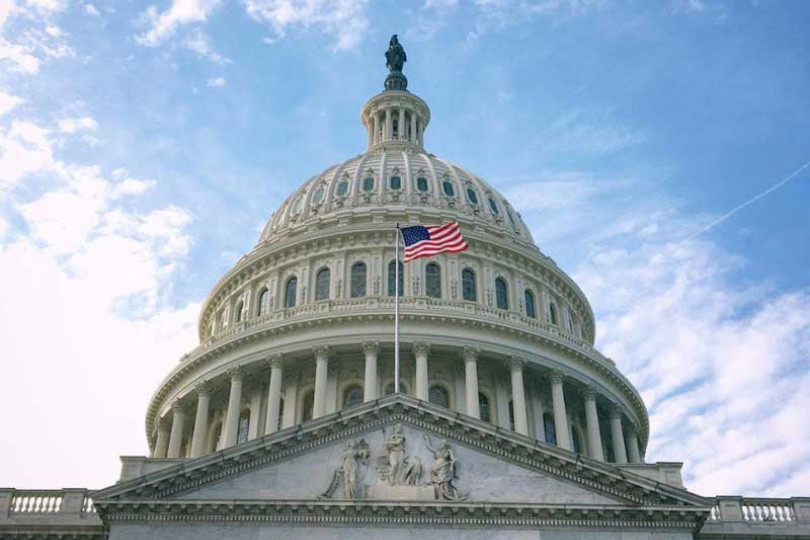AFTER YEARS OF lobbying House and Senate members on Capitol Hill, lawmakers finally repealed the “Cadillac” tax. Originally set to take effect in 2018 (but delayed until 2022) to pay for the expansion of the Affordable Care Act—the 2010 law that provides health care tax credits for low income households and individuals—the “Cadillac” tax would have imposed an annual 40% excise tax on health plans that have annual premiums exceeding a certain dollar threshold. Unions argued they shouldn’t have to shoulder the burden of market reform since they couldn’t participate in health care exchanges.
Enter Representative Joe Courtney (D-2nd CT). The two-time recipient of the Boilermakers’ Abe Breehey Legislator of the Year Award took up the fight for full repeal of the “Cadillac” tax. Introduced in several House sessions, Courtney and his staff provided the consistent, focused leadership in this battle. The legislation known as the Middle Class Health Benefits Tax Repeal Act, gained bi-partisan support in both the House and Senate and yet, despite constant pressure from unions and employers alike, it took years to bring this popular bill to the House floor for a vote.
On July 17—after years of hard work, including lobbying efforts by Boilermakers at LEAP conferences—the House passed the legislation by an overwhelming vote of 419-6. The repeal legislation, included in the 2019 end-of-year spending package, then passed both the House and Senate. The president’s signature cemented the repeal into law.
“Many thanks to every Boilermaker who took time over the years to let their Representatives and Senators know just how important this issue was to their union and their families,” Director of Government Affairs Cecile Conroy said. “Together, as individual Boilermakers and as one voice, we can make a difference.”






